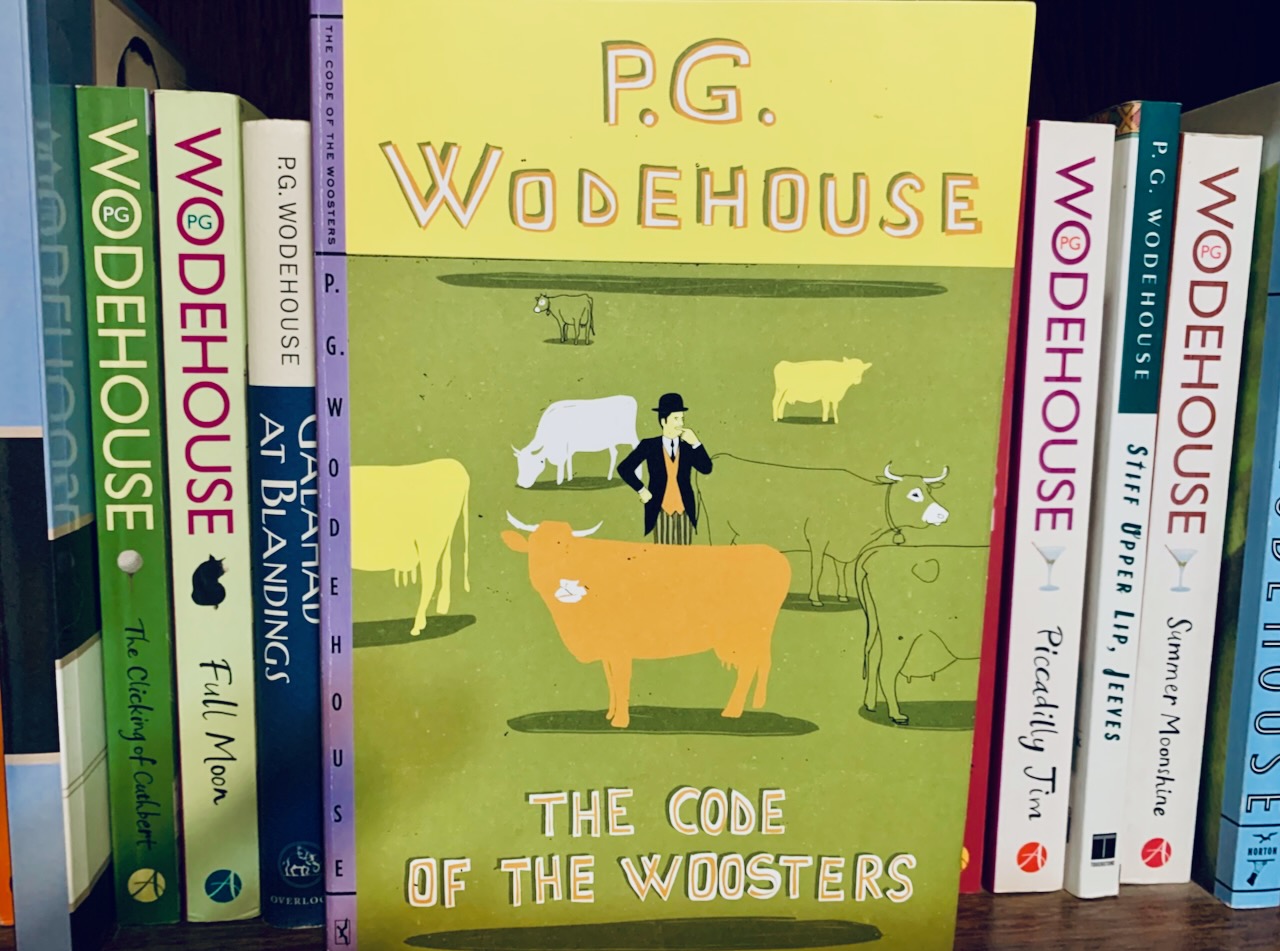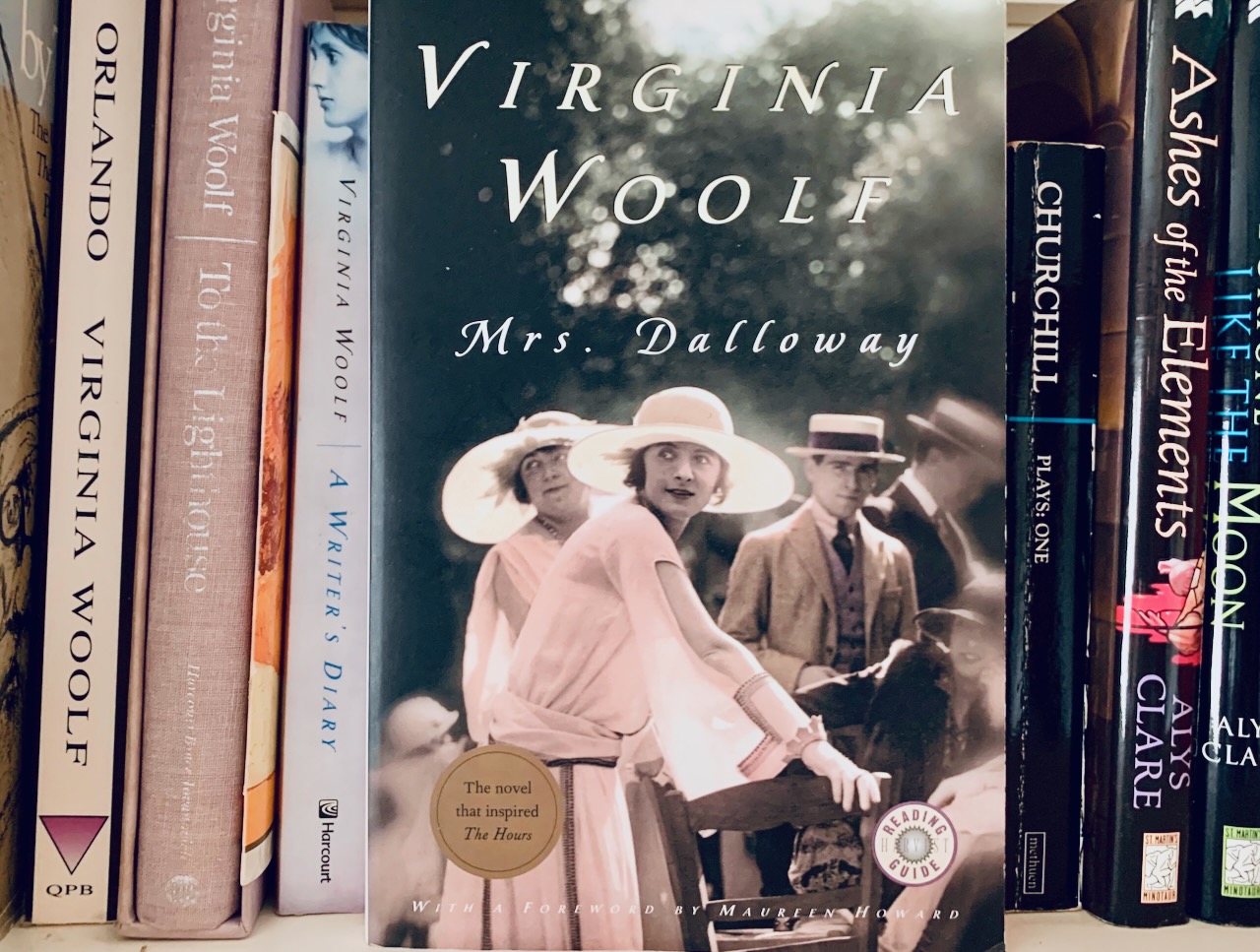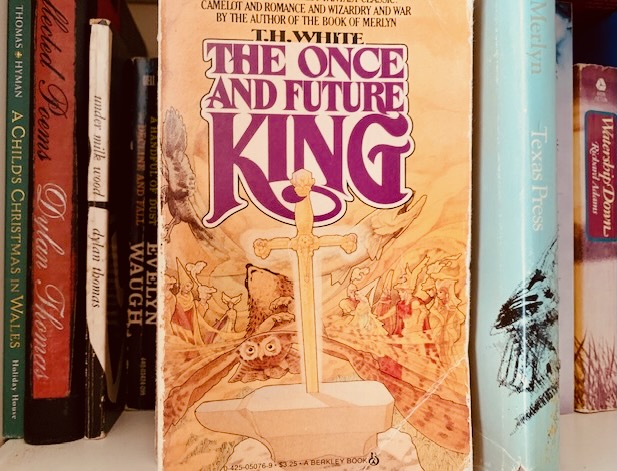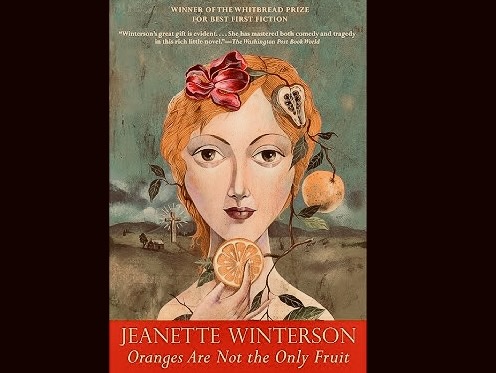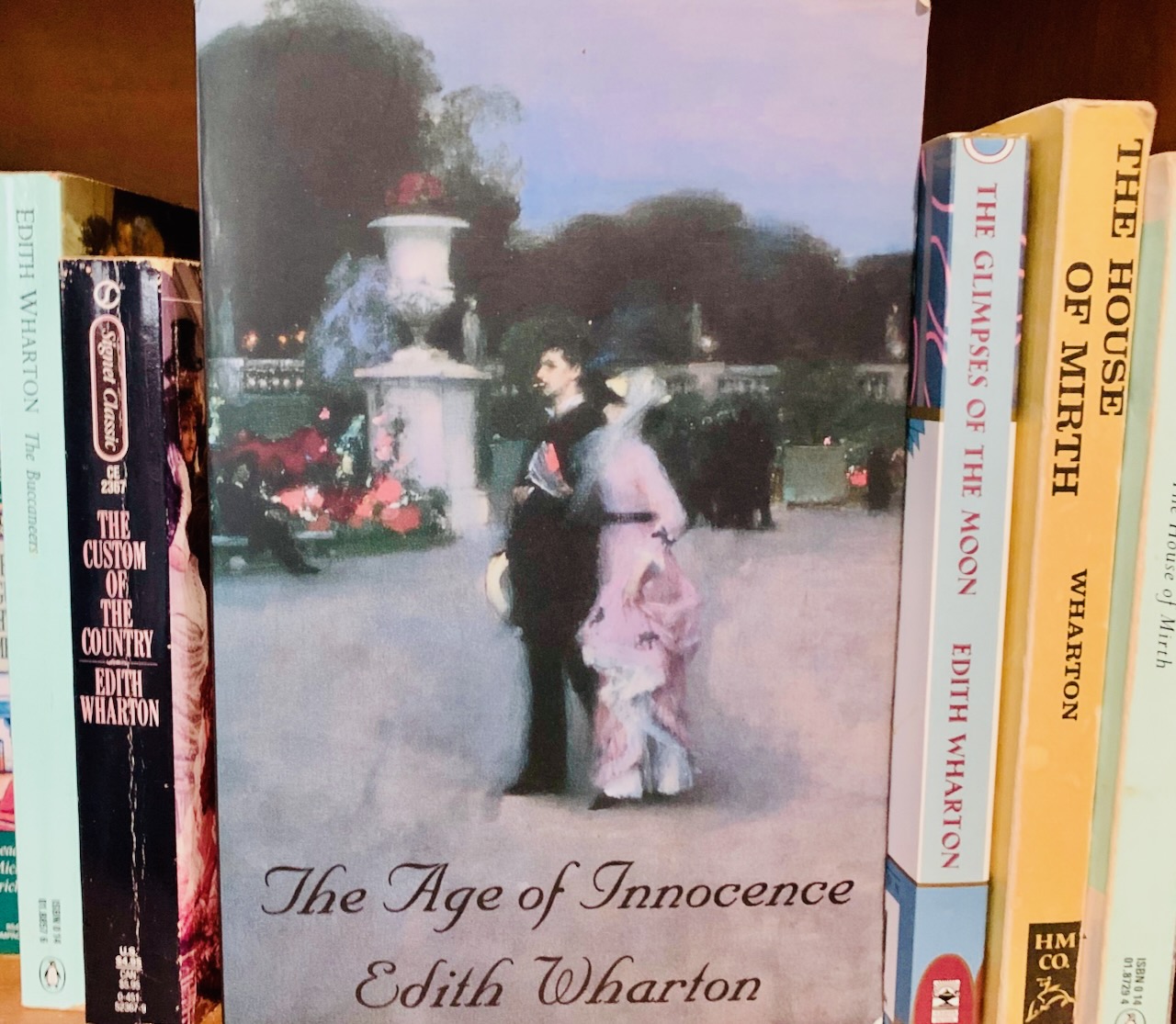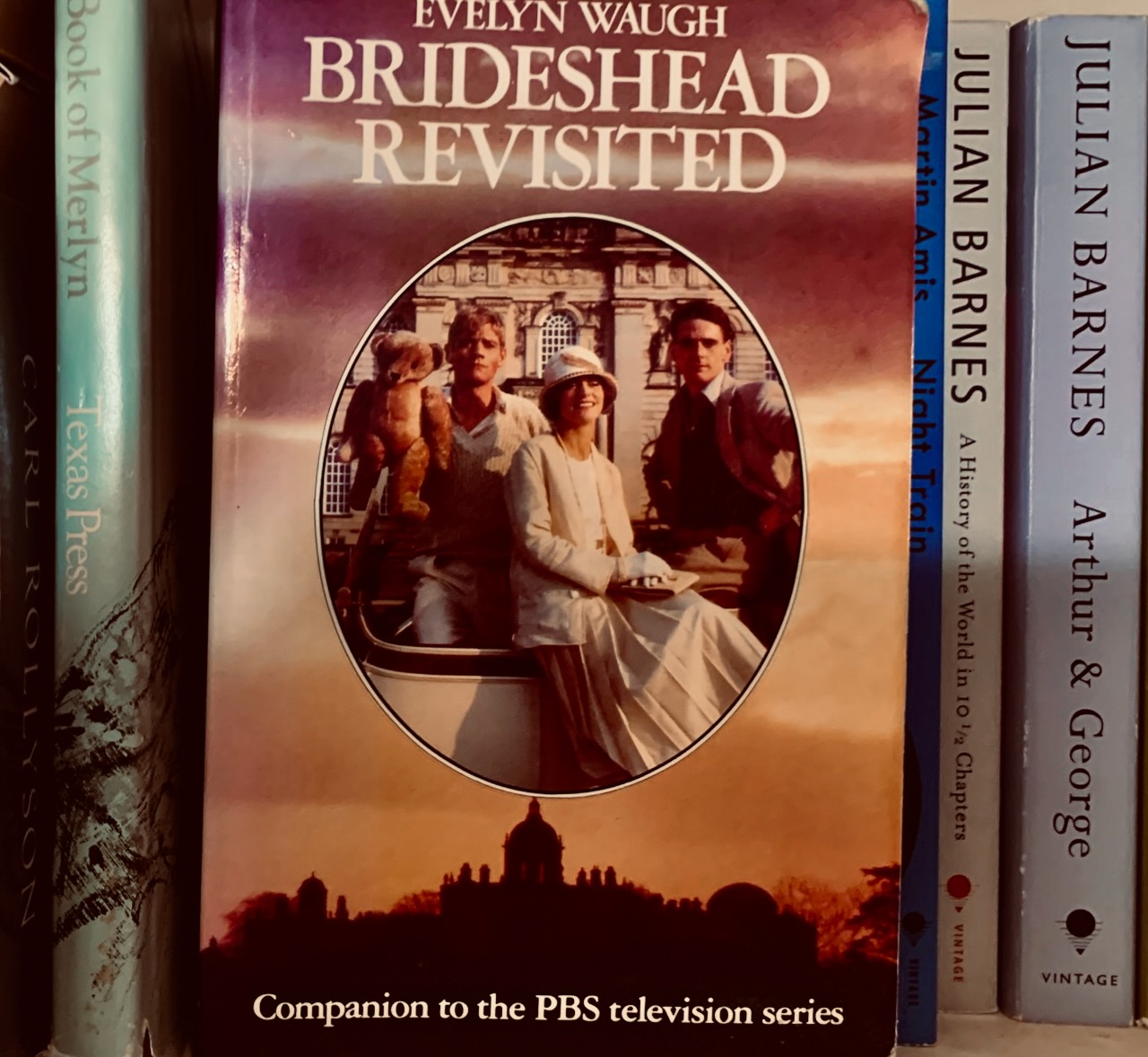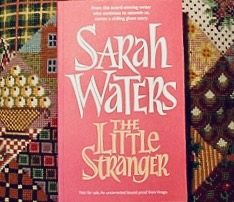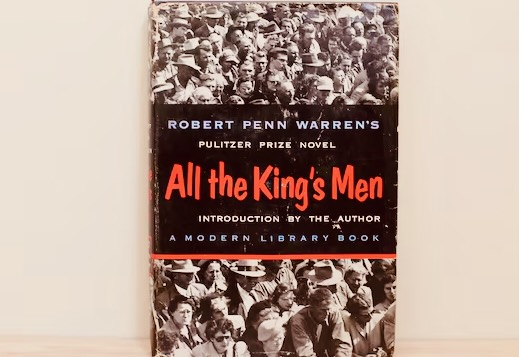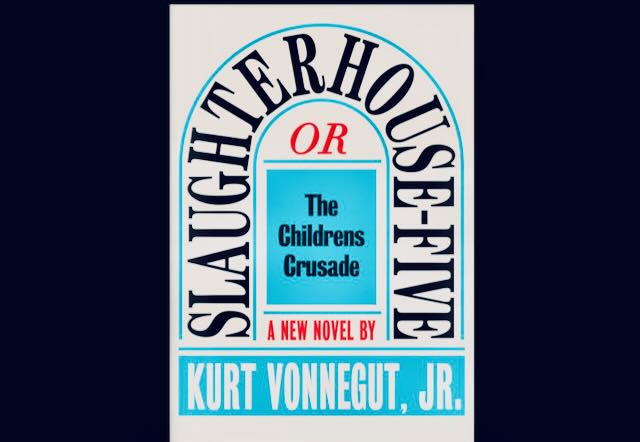https://www.petwantsclt.com/petwants-charlotte-ingredients/ Sir Pelham Grenville (P.G.) Wodehouse was one of the most prolific (and consistently funny) writers in British history. From his first “school story” novel The Pothunters (1902) to his posthumously published final completed novel Aunts Aren’t Gentlemen (1974), Wodehouse published a total of 71 novels and 24 collections of short stories—95 fiction books in all. That’s a staggering number in… Continue reading P.G. Wodehouse’s “The Code of the Woosters”
Category: Review
Virginia Woolf’s “Mrs. Dalloway”
https://oleoalmanzora.com/oleoturismo-en-pulpi/ Virginia Woolf’s fourth novel, Mrs. Dalloway, is one of the uncontested classics of modern literature, and stands at the beginning of a dozen years of significant creativity and brilliant experimentation in the novel form explored here and in Woolf’s subsequent novels To The Lighthouse (1927), Orlando (1928), The Waves (1931) and The Years (1937). Each of these latter novels has its proponents, and no… Continue reading Virginia Woolf’s “Mrs. Dalloway”
T.H. White’s “The Once and Future King”
Probably the most popular twentieth century treatment of the King Arthur story, and the one that does least to eviscerate the traditional Arthurian legend, is T.H. White’s four-part novel The Once and Future King, published as a complete compilation in 1958 after its original parts (The Sword in the Stone, The Queen of Air and Darkness, The Ill-Made… Continue reading T.H. White’s “The Once and Future King”
Jeanette Winterson’s “Oranges Are Not the Only Fruit”
Jeanette Winterson’s semi-autobiographical 1985 novel Oranges Are Not the Only Fruit is a novel that, according to Winterson herself, bookstores at first found difficult to categorize. When it first came out, they usually placed in the cookbook section. When it began to gain recognition as a “lesbian coming of age” novel, it was placed among the LGBTQ literature.… Continue reading Jeanette Winterson’s “Oranges Are Not the Only Fruit”
Edith Wharton’s “Age of Innocence”
Edith Wharton’s masterpiece The Age of Innocence won the Pulitzer Prize for fiction in 1921, in just the fourth year of the prize’s existence. And she was the first woman to win the prize. But her award became controversial, not because of her gender, but because it was revealed that the three-man jury had initially voted to… Continue reading Edith Wharton’s “Age of Innocence”
Evelyn Waugh’s “Brideshead Revisited”
By the time Evelyn Waugh published Brideshead Revisited in 1946, he had already published string of novels that established him as the foremost of British satirists writing between the wars. In particular, his Decline and Fall (1928), A Handful of Dust (1934), and Scoop (1938) were considered minor classics in this genre. But what was to come to be considered his greatest novel, Brideshead contained little in… Continue reading Evelyn Waugh’s “Brideshead Revisited”
Sarah Waters’ “The Little Stranger”
Sarah Waters is an author far better known in the U.K. than in the U.S. A Welsh author whose historical novels are often set in the Victorian period and involve lesbian protagonists, her books have thrice been shortlisted for the Booker Prize, and in 2019 she was named Officer of the Order of the British… Continue reading Sarah Waters’ “The Little Stranger”
Robert Penn Warren’s “All the King’s Men”
You would think that a novel about political corruption by a populist politician who gets elected on the strength of wild promises but uses his office mainly for personal profit would be obsolete by now, nearly 80 years after its publication, because of course voters will have learned by now to recognize lies when they… Continue reading Robert Penn Warren’s “All the King’s Men”
Alice Walker’s “The Color Purple”
There are a number of strong voices that don’t want you—or me—to read Alice Walker’s best-known novel, The Color Purple. The American Library Association lists it among the 100 most often banned or challenged books in the U.S. in the decade 1990-99 (17th), 2000-09 (17th), and 2010-19 (50th), and shows it cracking the top ten in… Continue reading Alice Walker’s “The Color Purple”
Kurt Vonnegut’s “Slaughterhouse-Five”
On the title page of Kurt Vonnegut’s modern classic Slaughterhouse-Five, or The Children’s Crusade, Vonnegut remarks that the novel is “somewhat in the telegraphic schizophrenic manner of tales of the planet Tralfamadore.” This means nothing to you as you read the title page, but as you get into the book and it strikes you how there… Continue reading Kurt Vonnegut’s “Slaughterhouse-Five”

